How to make Tom Parker Bowles' mackerel with potatoes and bay
Tom Parker Bowles admits he’s a terrible fisherman — and that’s why he loves mackerel. Not only are the easy to catch, they’re better the fresher they’re eaten — he shares his tips and his favourite mackerel recipe.
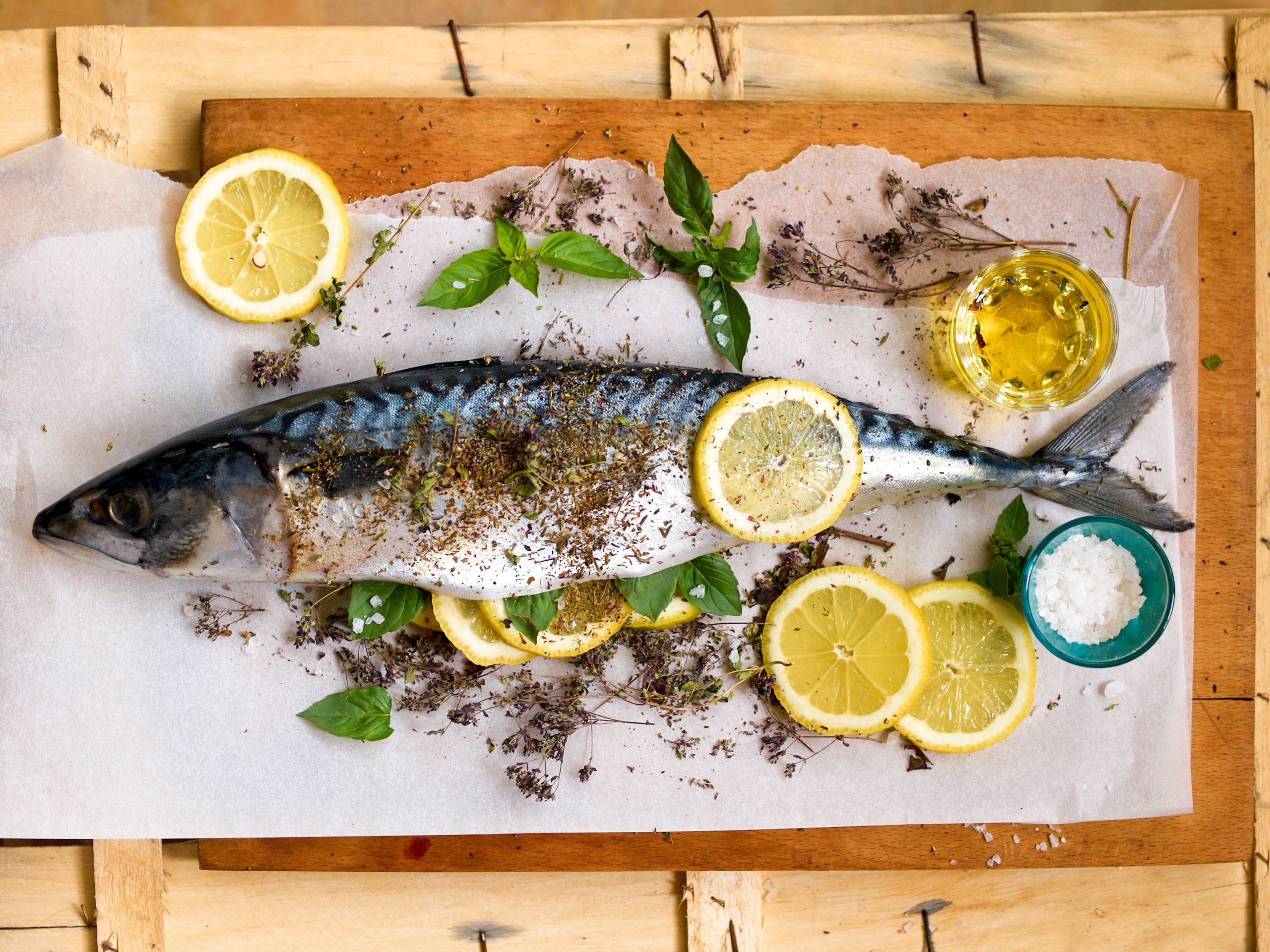

I’m not much of a fisherman. In fact, you might say that when it comes to anything involving a rod, I’m a banana on board, a slayer of the albatross, a rabbit stuck right in the rigging. In short, an old-fashioned piscine curse.
Believe me, I’ve failed everywhere, from tea-brown Scottish rivers to gin-clear Hampshire streams, murky, shopping-trolley-infested North London canals and limpid tropical waters alike. God help the poor gillie entrusted with my care, as flies get stuck in human flesh and Spey casts end up enmeshed in the pines. Hell, I once failed to land a trout when the mayflies were swarming and the creatures were rising and the fish would have gobbled my toe.
Mackerel, however — well, that’s a whole different kettle of you know what, because these sleek, muscular beauties have never resisted my call. Or anyone else’s, for that matter. They bite without prejudice, whatever the angler’s skill. Anything that fits in their gob means lunch. Come summer, their appetite is insatiable — plankton and sand eels, sprats and whitebait, even the lure of the world’s worst fisherman. No siren call needed here, no skill or even bait, simply a good old-fashioned hook or gaudily adorned mackerel feather, with its pretty, come-hither wink. Throw it overboard and wait for that joyous tug. In moments, you will be hauling them up by the half dozen. This is fishing for folk not blessed with patience.
"The oil spoils fast. So fast that, in the 18th century, mackerel was the only fish the Church allowed to be sold on Sundays"
Their flesh is rich, dark and oily, allowing them hundreds of miles of migration. And it’s that rich, oily flesh that gives them so much sweet flavour, but also means that they must be eaten fresh. Very fresh indeed. You want shining eyes and blood-red gills and a firm, muscular feel. The oil spoils fast. So fast that, in the 18th century, mackerel was the only fish the Church allowed to be sold on Sundays. These babies wait for no man. Speed is of the essence. Once caught, gut and throw onto ice, in an ice box — perhaps slicing off a few fillets to dip in soy and wasabi for some amateur, but exquisite sashimi. A true fisherman’s perk.
Mackerel spawn in summer, so, for reasons of sustainability, are best eaten from now onwards. Yet their culinary versatility is astounding. Pickled, potted, smoked. Grilled over driftwood fires on the beach or on the barbecue, with a handful of bay; coated in oatmeal and fried with bacon. Poached in court-bouillon, baked with apples and cider, turned into a rich pâté. They adore a good whack of acidity, so add lemon juice, rhubarb or, at this time of year, a sharp gooseberry sauce.
Ecologically sound, cheap, plentiful and packed full of lovely omega-3 fatty acids, it’s little wonder that chef Rowley Leigh describes mackerel as ‘the near perfect food’. Good, too, for the bad fisherman’s ego — and even better on the plate.
This recipe comes from The River Cottage Fish Book, written by Hugh Fearnley-Whittingstall and Nick Fisher. It’s a piscine classic. Ideally, it needs waxy new potatoes, so that second crop from the garden would work wonders.
Sign up for the Country Life Newsletter
Exquisite houses, the beauty of Nature, and how to get the most from your life, straight to your inbox.
Mackerel on potatoes and bay
Ingredients
Serves 4
- Olive oil
- 1kg new potatoes, scrubbed,
- cut into thick chunks about
- ½in thick and parboiled
- 2 onions, thickly sliced
- 4 garlic cloves, very roughly chopped
- 2 lemons, halved and sliced
- into thickish pieces
- 4/6 bay leaves
- 2 sprigs of thyme
- 4 mackerel, gutted
- Salt and freshly ground black pepper
Method
Pour enough olive oil into a large, shallow roasting tin just to cover the base. Use your fingers to spread the oil all over the dish. Combine the potatoes, onions, garlic and lemon, season with plenty of salt and pepper and spread them out in the dish. Tuck the bay leaves and thyme in among the vegetables so they won’t burn in the oven.
Put the roasting tin in an oven preheated to 180˚C/350˚F/gas mark 4 and bake for 30–45 minutes, until the potatoes are lightly browned and just about tender, taking the tin from the oven every 10 minutes and turning the vegetables over in their oily juices.
Meanwhile, season the mackerel well with salt and pepper. When the potatoes are ready, lay the mackerel on top, pour on another good splash of olive oil and return to the oven. Turn it up to 200˚C/400˚F/gas mark 6 and bake for a further 15–20 minutes (10 minutes if you’re using fillets), until the mackerel is just cooked and the vegetables are beginning to catch and crisp up nicely. (If you like, take the fish out halfway through for a quick basting with the juices from the tin.)
Serve straight away. This dish doesn’t really need any accompaniment, but a green salad wouldn’t go amiss.

How to cook Dover sole with shrimps and tomato, as recommended by Tom Parker-Bowles
Dover sole is a fish that can be kept as simple as can be, yet adding a little extra from
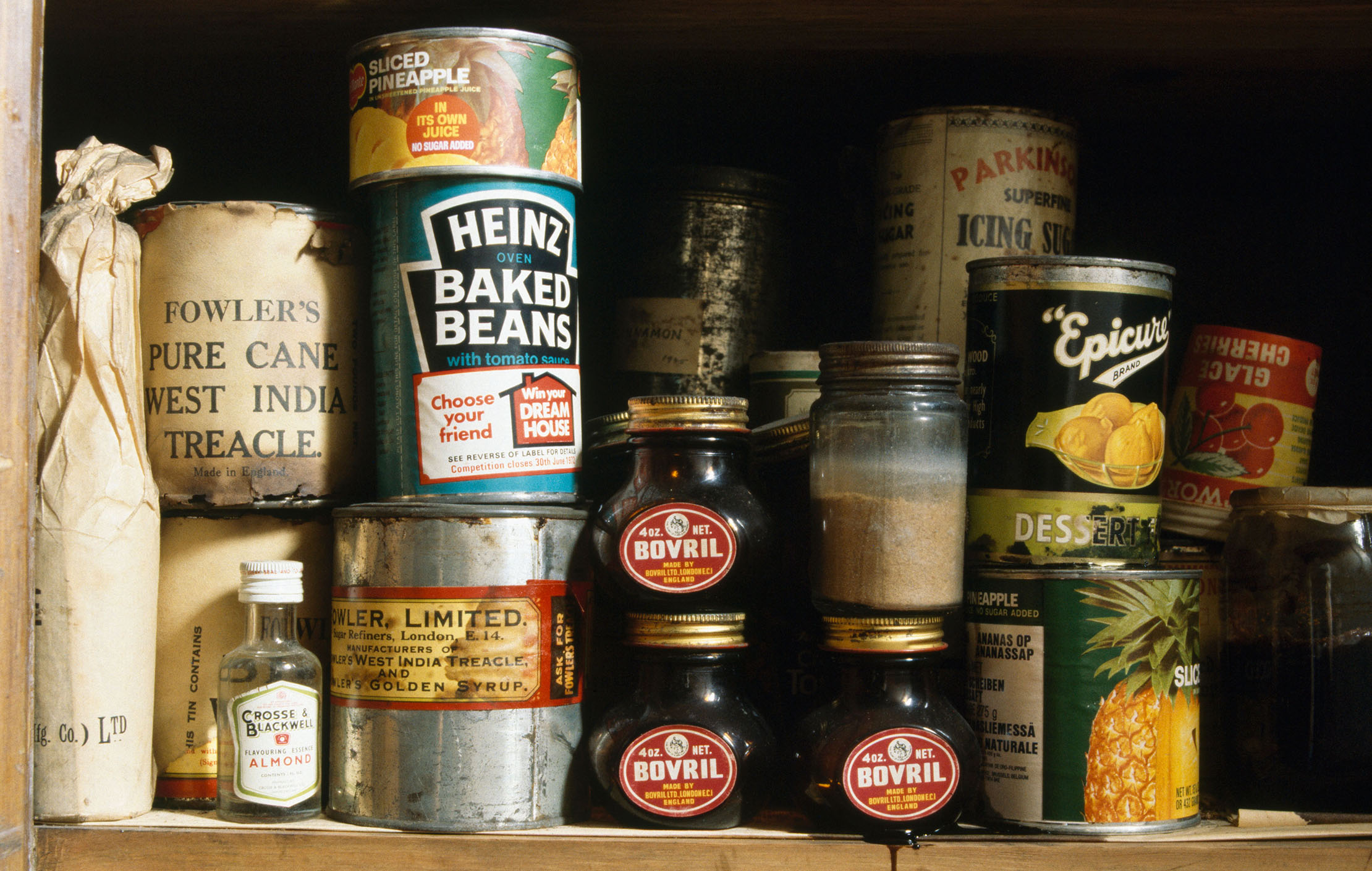
Credit: Alamy Stock Photo
Tom Parker-Bowles: Why a well-stocked larder is a very splendid thing, and the building block for 1,000 dishes
A well-stocked store cupboard is an essential of British life in the 21st century, says Tom Parker-Bowles as he reveals
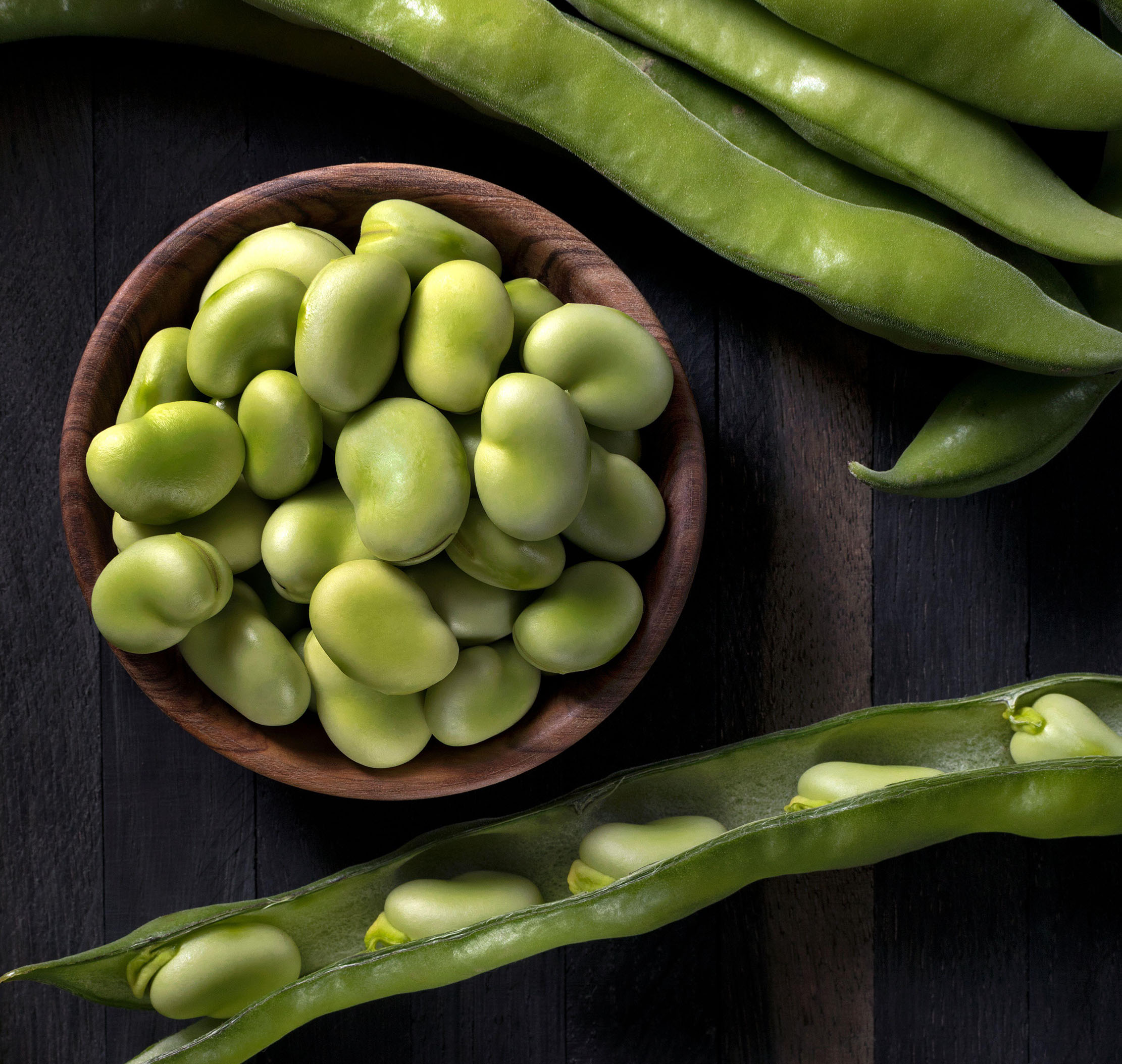
Tom Parker-Bowles: Broad beans, the 'quintessence of early summer' that show the brute power of culinary simplicity
Once believed to be vessels for the souls of the recently departed, a freshly picked pod with broad beans nestling
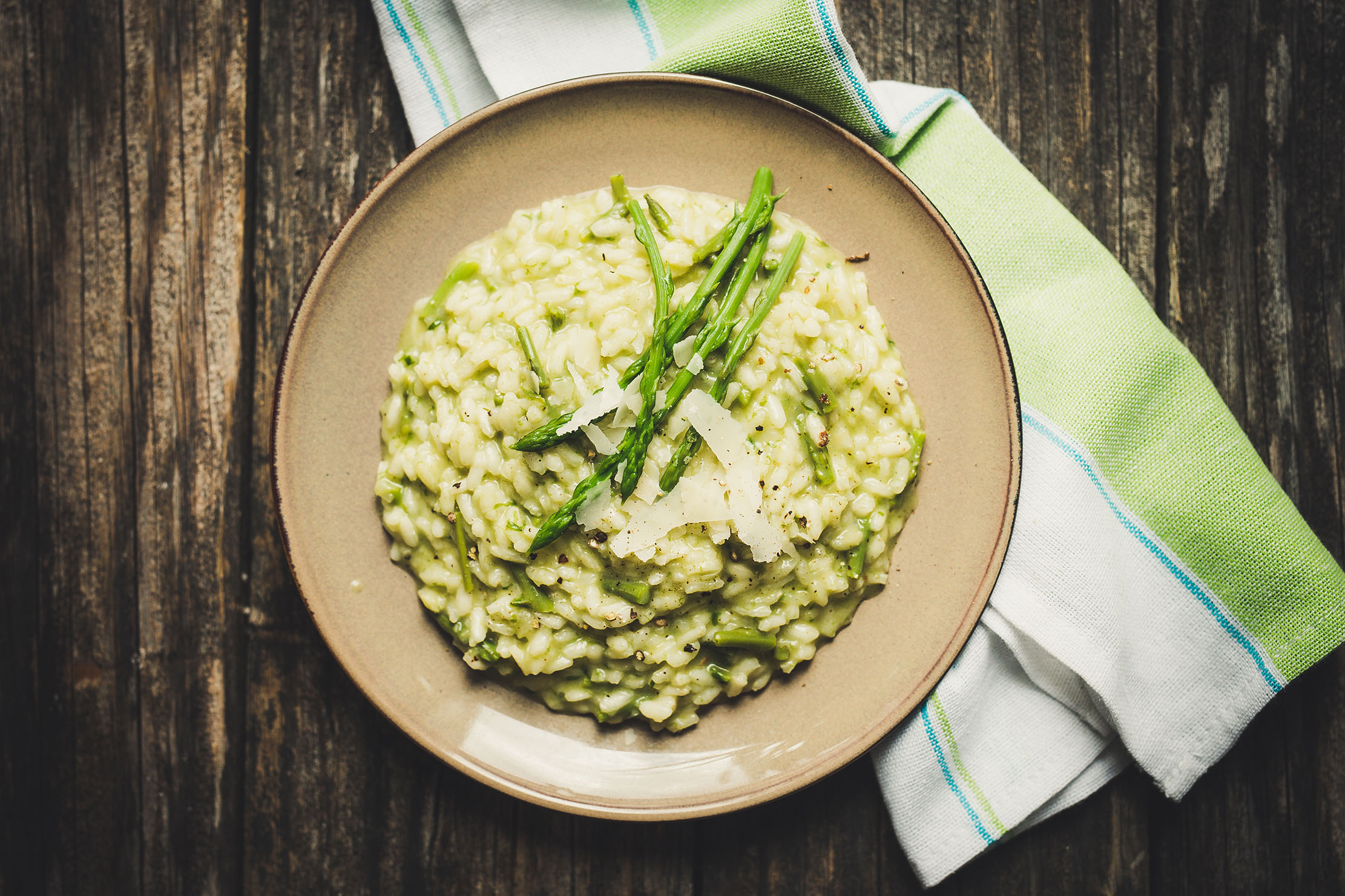
How to make perfect asparagus risotto, with the vegetable that's 'one of the true joys of English spring and summer'
Asparagus is a delight even when simply steamed and eaten hot with lashings of melted butter, but it's even more
Tom Parker Bowles is food writer, critic and regular contributor to Country Life.
-
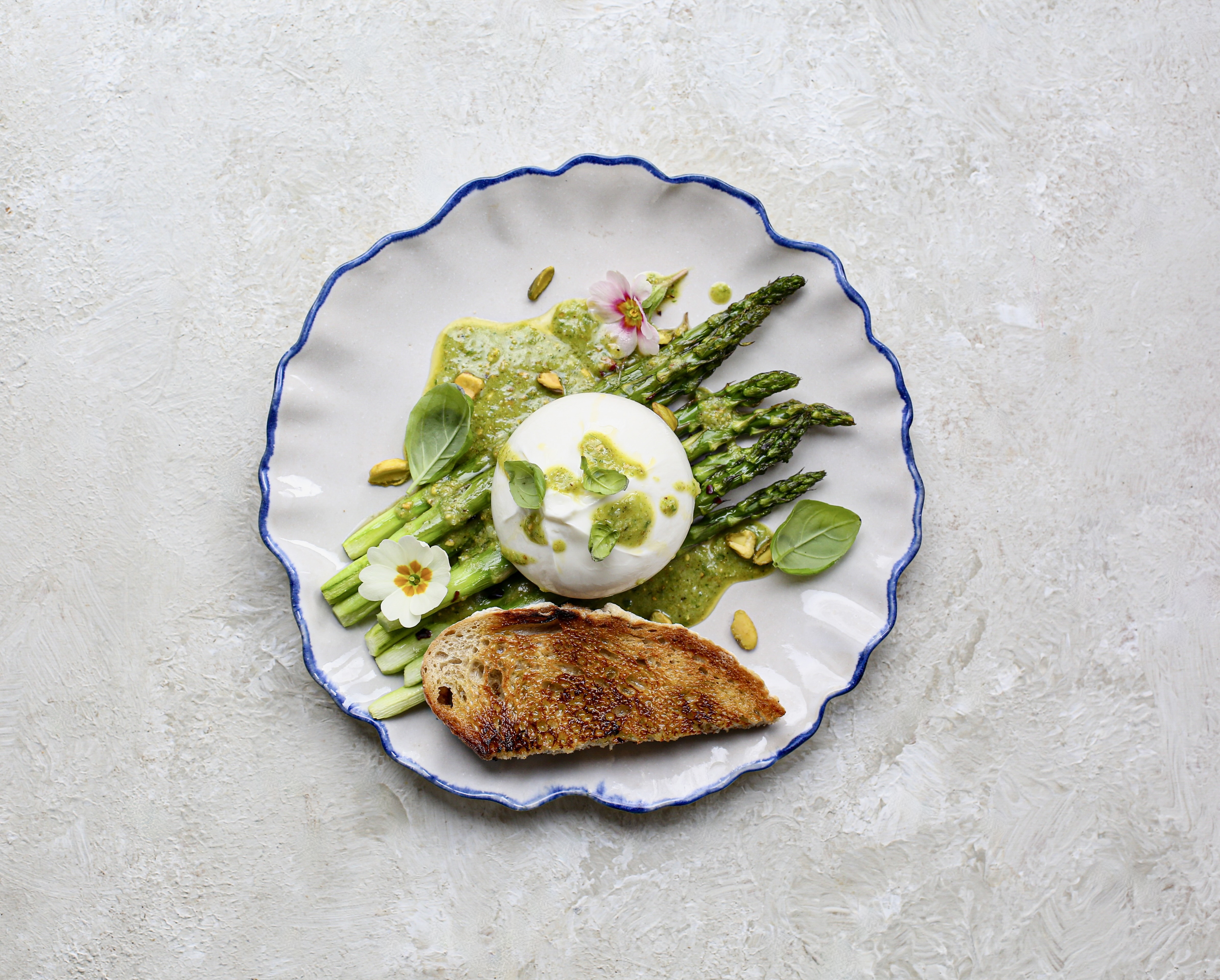 Two quick and easy seasonal asparagus recipes to try this Easter Weekend
Two quick and easy seasonal asparagus recipes to try this Easter WeekendAsparagus has royal roots — it was once a favourite of Madame de Pompadour.
By Melanie Johnson
-
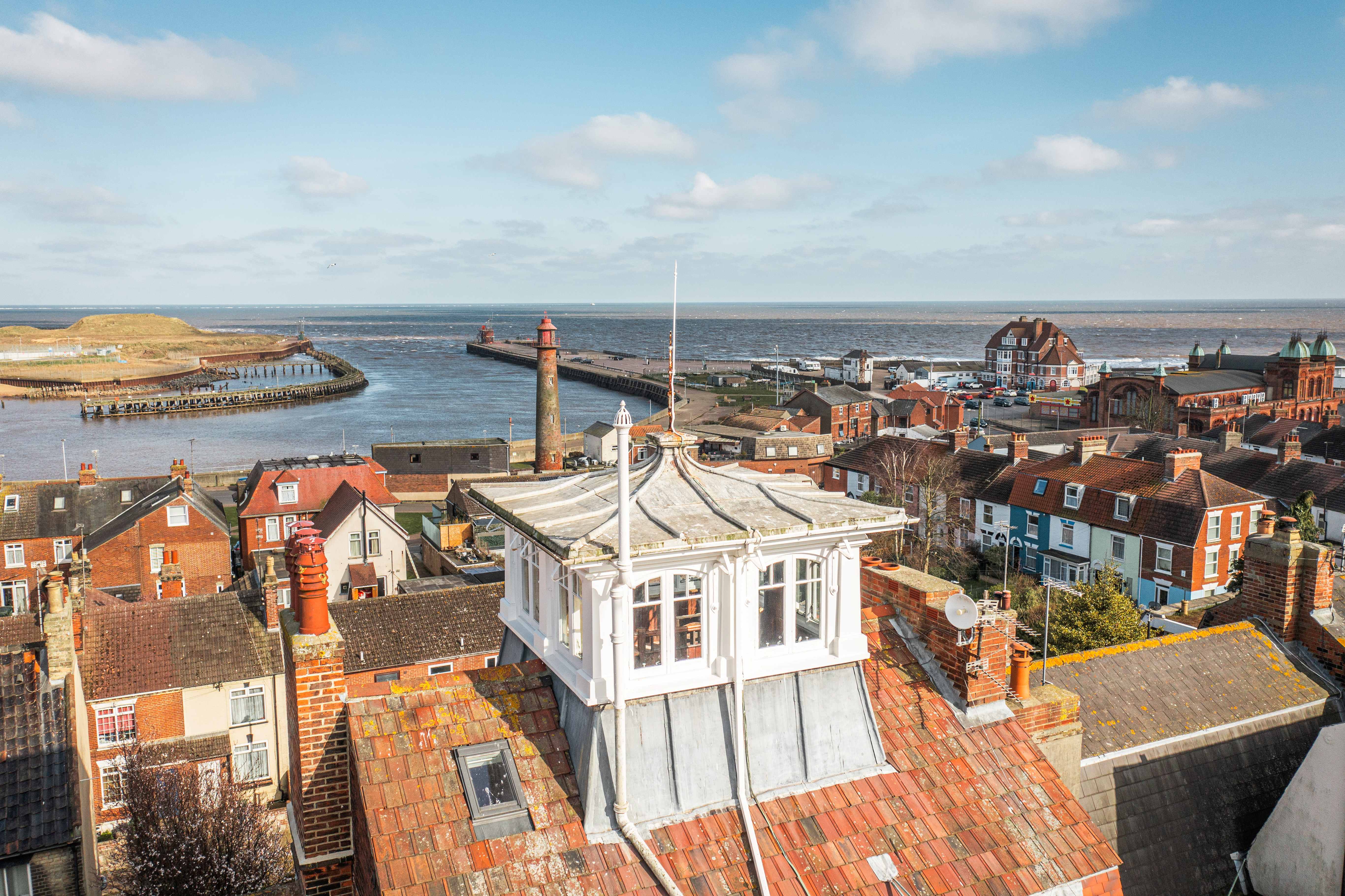 Sip tea and laugh at your neighbours in this seaside Norfolk home with a watchtower
Sip tea and laugh at your neighbours in this seaside Norfolk home with a watchtowerOn Cliff Hill in Gorleston, one home is taller than all the others. It could be yours.
By James Fisher